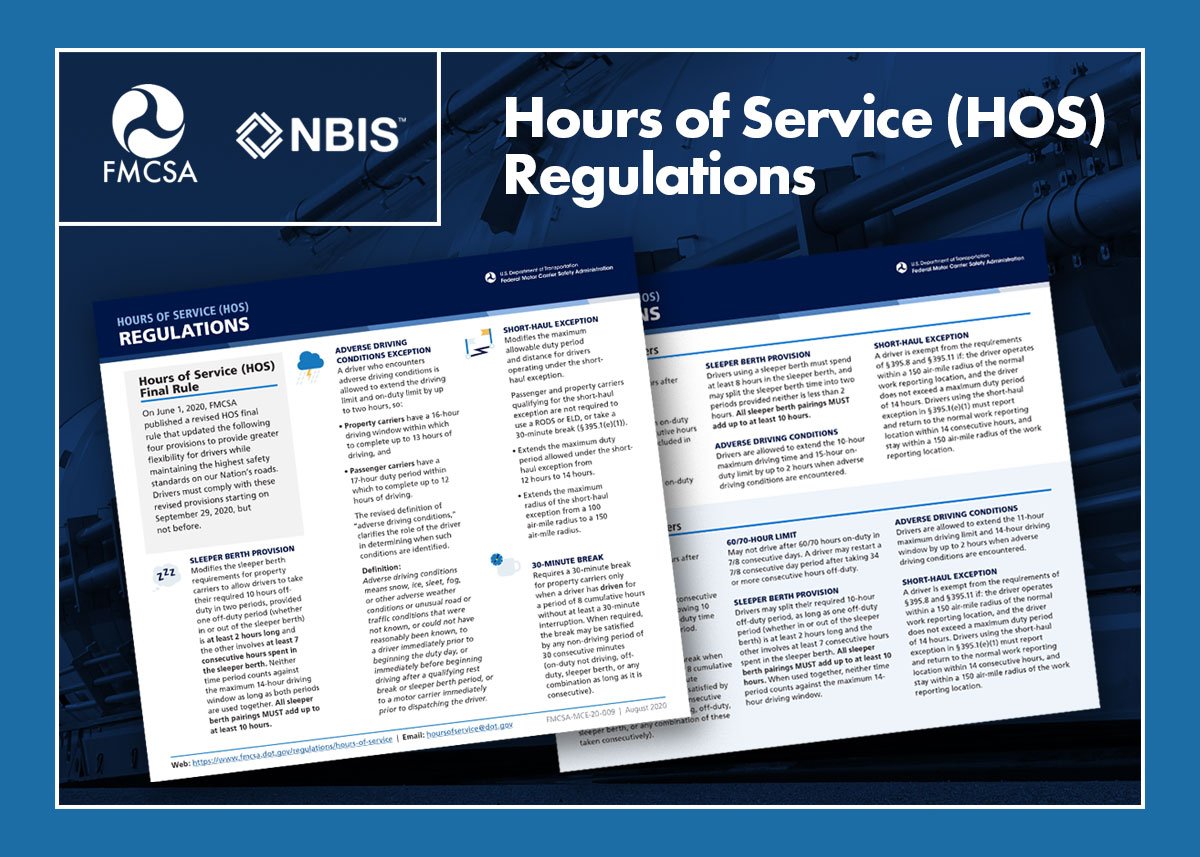Recently, we reported on FMCSA’s new prioritization methodology, and wrote about proportionate percentiles.
In this blog, we’ll discuss another one of the proposed changes, which FMCSA refers to as “New Segmentation: Driver Fitness and Hazardous Materials (HM) Compliance Safety Categories.”
Goal: improve comparisons
According to FMCSA, extending segmentation of carriers by operation and vehicle type to additional safety categories will improve carrier-to-carrier comparisons.
One of the ways the SMS accounts for differences in carrier operations is by segmenting carriers by whether their company operates primarily Straight vehicles or Combination vehicles.
Currently, this segmentation only applies when calculating percentiles for the Unsafe Driving and Crash Indicator safety categories.
FMCSA decided to explore whether extending segmentation to the rest of the safety categories would provide better carrier-to-carrier comparisons and improve the methodology’s ability to identify carriers with high crash rates for interventions.
Scopelitis weighs in
In its analysis, Transportation consulting firm Scopelitis writes, “the compliance burden in some safety categories can vary by operational and vehicle type. To address this disparity, FMCSA is proposing segmenting two of the safety categories based on the type of equipment the carrier operates.”
Scopelitis summarizes the changes as follows:
Driver Fitness – Straight truck carriers—those in which more than 30% of their fleet’s power units are straight trucks—frequently experience higher violation rates in the driver fitness category due to a greater variation in licensing and medical qualification requirements. To accommodate this, FMCSA is proposing separating straight truck fleets from combination vehicle fleets in this safety category.
Hazardous Materials – A criticism of the Hazardous Materials BASIC is that it is biased toward cargo tank carriers. Non-cargo tank carriers typically face a heavier compliance burden because they carry a wider variety of commodities, all with different cargo securement, documentation and placarding requirements. To address this, FMCSA is proposing segmenting cargo tank carriers (those with 50% or more of its total placarded HM inspections as cargo tank inspections) from non-cargo tank carriers.
For more information on how these changes might affect your insurance risk profile, reach out to us today.







